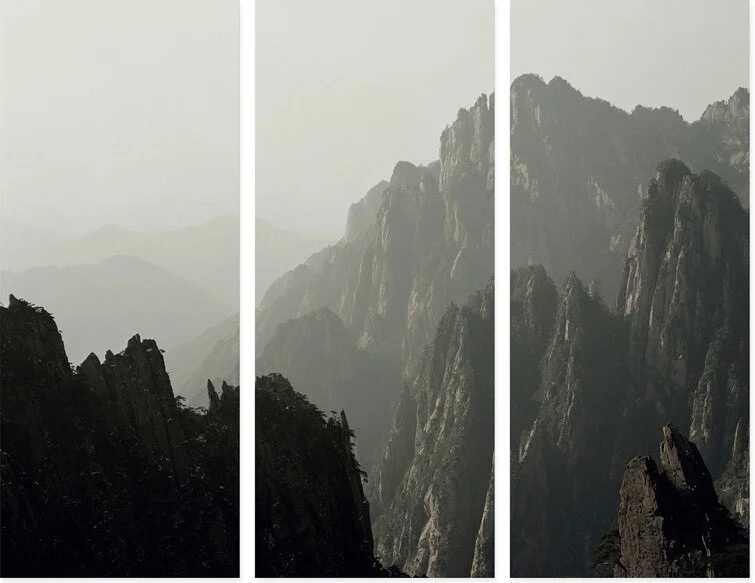The Value in a Creative Life
I often ask the people I work with, “Do you have a hobby?” I catch myself second guessing the question at times- it just seems so trite. Why should anyone engage in a creative pursuit when there is money to be made, exercise, self-care, errands, education, etc. etc. that comes first? Let me ask you this, then- how do you feel when you dance? How does it feel to doodle while you’re on the phone? When you have tried to hammer on a piano or shred on a guitar, what do you notice about your body and your emotions?
A creative life, no matter how amateur, can have numerous benefits:
Burnout prevention- according to Emily and Amelia Nagoski (2020), burnout occurs because of a chronic maladaptive relationship to stress. They suggest that the arts, in all forms, “create a context that tolerates, even encourages, big emotions”. Decompressing daily from chronic stress helps prevent burnout, some chronic health conditions, pain, anxiety and depression.
Creates a sense of purpose- Lives without purpose begin to feel hollow. That hollowness can lead to sadness, negative self-talk, isolation, and in some cases, depression and anxiety. When you sit down and MAKE, you are in effect leaving a mark on the world. This sense of meaning and purpose is the stuff of life. It begins to lift the cloud of depression and causes us to worry and ruminate less. It makes us feel life is worth living. It makes us feel we have a voice.
Allows for emotional processing- Some of us live in the shadow of “big T” Trauma, and some deal with smaller traumas on the everyday. Those experiences can not only be hard to talk about, they can also be impossible to make sense of at first. I’ve been recommending this article to a lot of people: How to heal through life writing | Psyche Guides. The authors make the following suggestions:
“When writing, you might want to look inward before looking outward. Through the process of writing, learn acceptance: accept your emotional and physical scars and don’t be afraid to share your vulnerabilities. Reflect critically upon your life and find out what makes you part of a larger universe.
Grief is private, grieving doesn’t have to be. Embrace community, whether in the writing process or in overcoming the challenge that you write about. The community of fellow writers, editors, readers and reviewers will help you polish your craft; the community of friends, family, coworkers and fellow sufferers around you will provide solidarity, support and the strength to go on.
Learn to take ownership of your life and shape it the way you want through writing. Use the perspective of others to create a better version of yourself and your writing, but don’t allow it to silence you.
Write and live as a survivor, not as a victim. Then, when you’re ready to share your writing with your readers, know that you’re no longer just a survivor, but a victor!”
Allows for a “beginner’s mindset”- in a recent episode of the podcast “All in the Mind” (Why being a beginner is good for you - ABC Radio National), Tom Venderbilt discusses the value in starting something with no expertise, simply to stretch the “brain muscles”. Into adulthood, it becomes increasingly important to keep learning. Not only does it stave off dementia, it can also create a greater tolerance for failure, which is a highly transferrable skill.
May create an experience of “flow”- Mihaly Csikszentmihalyi wrote extensively on the idea of creative flow. This is a state akin to mindfulness or presence, one which is free from worry, rumination, preoccupation, overwhelm, regret, or guilt. When we are in flow state, we are accessing a channel of learning that is “just right”- our skill set perfectly matches the challenge of the task. So, if we have no skill in a creative medium and the challenge is low (i.e. we are just doing it “for fun”), we are in flow- and it feels freaking great. Likewise, when we are a highly trained musician, and we are given a challenging piece of music, or we are playing with others who push us into slightly unfamiliar or uncomfortable places, we are also in flow. In our lives, we may have many experiences of being “out of flow”. We are bored in our current position at work or feel like we are “going through the motions”. We may also be starting a new job or embarking into the world of online dating, and we become overwhelmed, thinking, “How can I do this when I have no idea what’s expected of me?!” I highly recommend giving yourself an experience of being in a flow state once in a while. Notice what happens when you give yourself over to something else other than your own tired and worried brain.
In short, embarking on a creative journey through music, writing, poetry, baking, cooking, making mixtapes, graffiti, sewing, embroidery, knitting, photography, drawing, using charcoals, collage, portraiture, listening to the world, recording… I could go on and on:
minimizes burnout
gives a sense of purpose
processes emotion
staves off complacency
wards off anxiety and depression
allows for safe experiences of failure
helps to process trauma
promotes mindfulness and presence.

